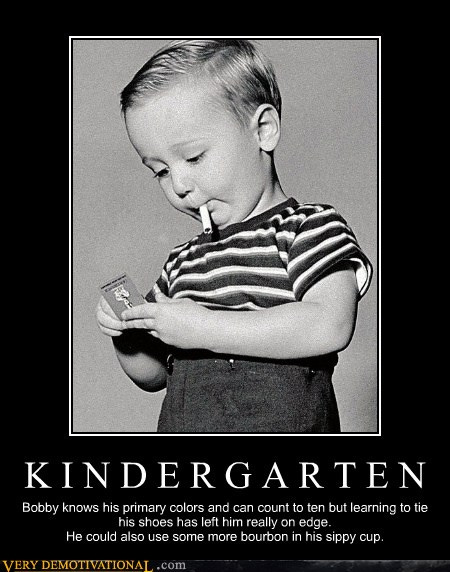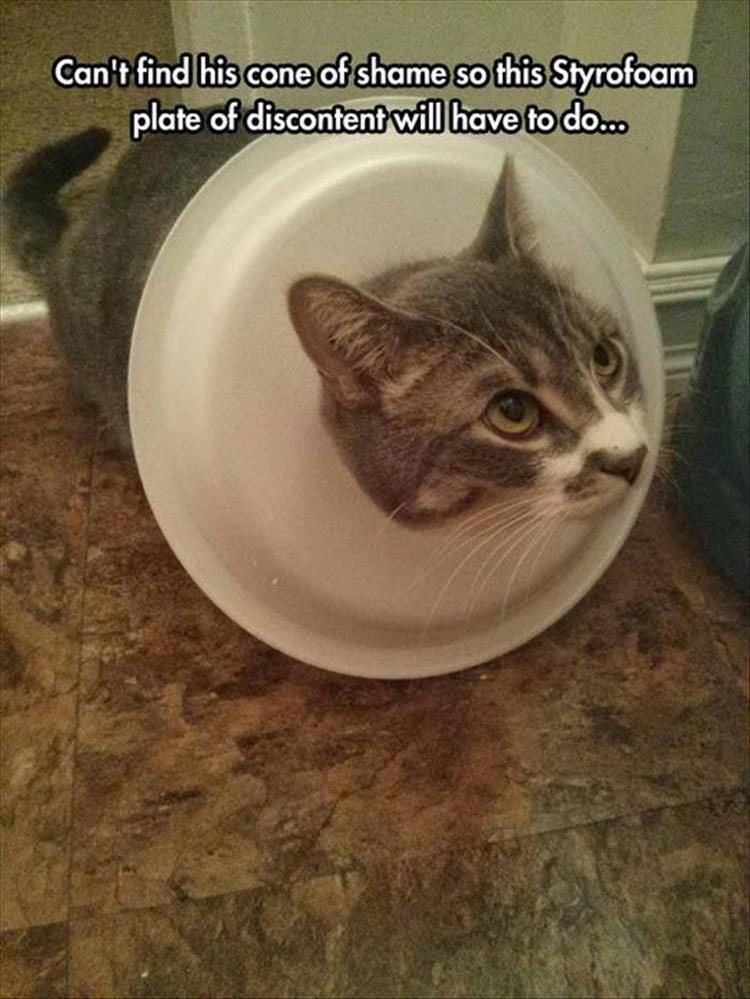Everyone You Meet Is Fighting A Battle You Can't Know...Unless They Tell You
Be kind; you may save a life


The news that Sen. John Fetterman (D-PA) has checked himself into the hospital for treatment of diagnosed clinical depression struck left me with mixed feelings. First, of course, I’m relieved for the Senator and his wife, who’ve faced serious health challenges over this past year as he ran for and won a Senate seat in Pennsylvania. After almost dying from a stroke, Sen. Fetterman is still recovering, which no doubt accounts in considerable measure for his clinical depression.
The positive aspect of this for me is that the news and its reporting represent how far we’ve come in accepting mental illness as part of the human condition. Not so very long ago, clinical depression and/or seeking treatment for it was still perceived as a sign of weakness and a personal failing. People who sought help were viewed as “less than” and somehow “broken.” (see Sen. Thomas Eagleton, 1972)
The sad aspect of Fetterman’s illness is that his Republican opponents in the Senate and Pennsylvania will use his mental illness against him. They’ll attempt to paint the Senator as “mentally weak” and “unfit to serve.” They use his mental illness as evidence that he’s not up to the rigors of representing the Keystone State in the Senate. Republicans will use all the old dog whistles as they imply, if not state outright that Sen. Fetterman is “crazy,” “nuts,” or “mentally unstable.”
As someone who deals with mental illness daily, I think Sen. Fetterman’s openness about his clinical depression is admirable. However, at this point, I suspect the last thing he wants to do is spend so much time discussing his health. I imagine he’d much rather spend his time and energy focusing on his work in the Senate, and who can blame him? That’s what he ran so long and hard to have the opportunity to do.
I hope he will get the treatment he needs to improve his health. I also hope that he will use his position to shine a light on the problem of mental illness. Not that he needs to bare his soul, but he can put a face on mental illness and help normalize it to a certain degree.
I’m one of the roughly 10% of Americans who live with a mental illness. I’ve struggled with clinical depression my entire adult life. It’s probably been far longer than that, but it wasn’t diagnosed until I was about 25. I’ve been on medication almost continuously for close to 40 years. I’ve seen more counselors than I remember, one for so long that that he died just before I tried to reconnect with him.
I was also diagnosed with Attention Deficit Disorder (ADD) when I was 52, though I’ve struggled with it since I escaped the womb. Though I’ve always excelled on IQ tests, I’ve felt stupid my entire life. I can’t follow arguments or hold my own in debates/arguments for more than a few minutes. My attention span is roughly that of a 12-year-old. I’m easily overwhelmed, and my ability to organize things mentally is approximately zero. My ADD has led to me losing a couple jobs because I couldn’t handle the organizational requirements of my role.
I wish depression and ADD weren’t my reality, but I am what I am. I hated myself for many years because of it, but I’ve learned that my depression and ADD aren’t things that disqualify or make me stupid. Instead, they’re hurdles, and may complicate certain things for me, so I have to adapt and compensate. That’s my reality; certain things aren’t as easy or as straightforward as they are for others.
I can complain and piss and moan about that, but it won’t change anything. What I can do is learn strategies to help me cope with challenging situations and do my best. More often than not, I can muddle through and do what needs to be done. Sometimes life is an abject fucking disaster, but that’s the risk I take. When that happens, I try hard to learn what lessons there are to learn from the experience. Most importantly, I try not to beat myself up. The most important thing is to be good to myself and to have reasonable expectations.
I’m fortunate to be married to someone who understands what I’m up against and is very supportive and non-judgmental. It makes dealing with my quirks and foibles a bit easier, especially when I feel like an idiot, which is quite often. Feeling understood and accepted makes a huge difference.





Mental illness is no joke, and it’s still a significant risk for many who struggle to accept themselves as they are. For people like myself who didn’t grow up with an awareness that mental illness ISN’T a sign of personal weakness, admitting your truth can be challenging. Asking for help can be an even greater challenge. And being open about your situation and diagnosis can be the most significant test of all. Not everyone wants to feel as if others might see them as “broken.”
What I’ve found through being open about my mental illness is that a number of my friends and acquaintances also struggle with depression or something similar. I’ve learned that I’m not alone and that there’s something resembling safety in numbers, in knowing that there are others who share similar struggles and are willing to be there for you.


(Repeat after me: “FUCK YOU, BEN; MAY YOU ONE DAY BE IN A POSITION WHERE COMPASSION WOULD BE APPROPRIATE. AND MAY YOU BE DENIED IT.”)
It’s no longer me against the world, and I take tremendous comfort in that. For the longest time, it felt as if I was alone and isolated. Now I know I’m not, and I no longer feel like a freak. I no longer feel “broken.” I know now that I have a legitimate medical issue that can be treated and managed. No, it will never go away, but I’m not alone.


The problem with ADD/ADHD and depression is that there’s usually no physical manifestation. You can’t look at someone and see something that tips off their diagnosis. Their arm isn’t in a sling or their leg in a cast. People afflicted with ADD/ADHD and/or depression usually look “normal”- whatever that might mean to someone.
I can only speak for myself, but I don’t go out of my way to advertise my ADD and depression. I’m not ashamed of my burdens, but I normally wait until I know and trust someone before I let them into my circle and share my diagnosis with them. When I do share that information, I never have an expectation of how someone will react. They can do with it what they will- ask questions, recoil in horror, run from me screaming- and process it in whatever way seems appropriate to them.

Most people are understanding, and some share their own circumstances with me. It turns out we’re all “broken” in our own unique way. The challenge lies in how we deal with it.
So I’ll leave you with this: Be kind whenever possible, because you can never know what internal battles another person may be fighting. Kindness is always going to be the best choice, no matter what the circumstances.
And I hope that your own battles are manageable and not holding you back from living and enjoying your life..









"Being Kind" is sometimes harder than you might think. Yes, it's certainly easy enough to commiserate with those whose ailments you encounter, whether physical OR mental. Beyond that, though, the HARD part is getting past our own divisions, wherein it is easier to demonize than to understand. As the late Gerald Kersh wrote, "There are men whom one hates until a certain moment when one sees, through a chink in their armor, the writhing of something nailed down and in torment.” Being kind to these poor abject souls is difficult, until one can sympathize/empathize and/or understand where they are coming from. This lack of awareness in our fellow human beings is, I believe, the main source of many of our social and cultural divisions. We tend to see in black-and-white, when REALITY is grey.